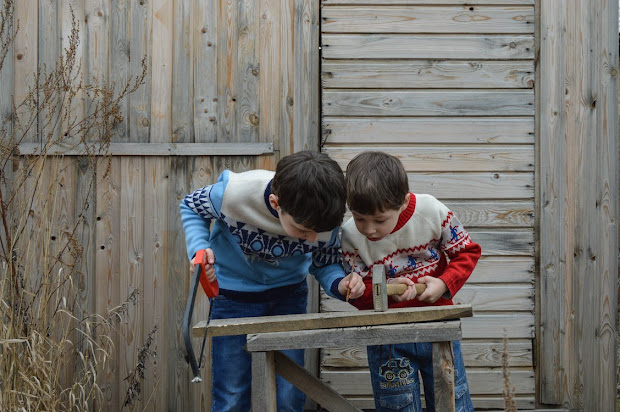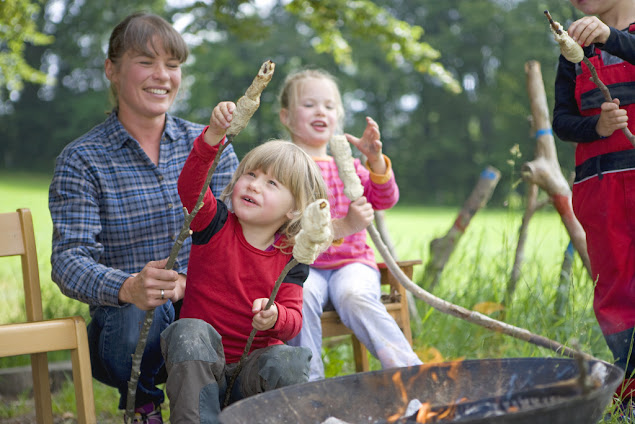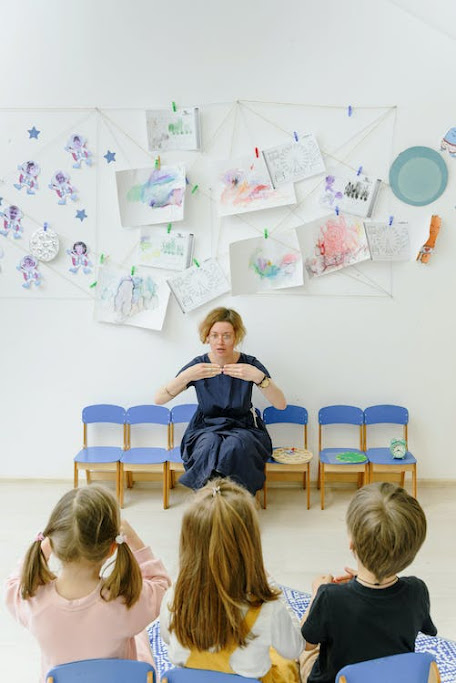- Single parents are vulnerable to stress, anxiety, and depression, making self-care practices crucial for well-being.
- Prioritize and schedule various activities that bring joy, reduce stress, and boost mood.
- Establish boundaries and build a supportive network to carve out dedicated time for self-care.
- Incorporate your children into self-care activities to promote family well-being and teach the importance of self-care.
In the whirlwind of single parenthood, it can be easy to
forget the importance of making time for yourself. Between navigating career
demands, carpooling to your children's various activities, preparing meals,
tackling household duties, and nurturing your well-being, self-care may feel
like a luxury - or simply something you don't have time for. But finding
ways to practice self-care as a single parent can empower you not only to
survive but to thrive in your role.
This blog post will explore why making time for yourself is essential and offer practical tips for carving out much-needed self-care spaces. Read on to learn how to make the most of your limited free time and prioritize yourself.



























